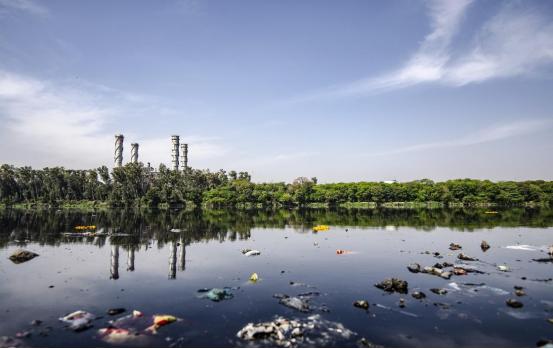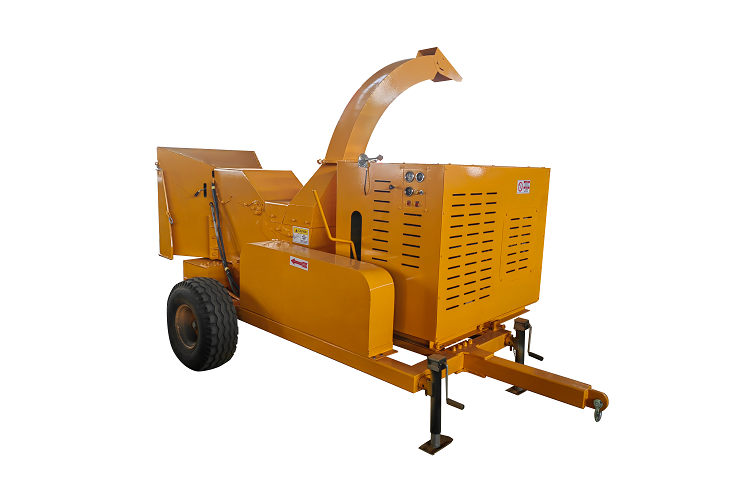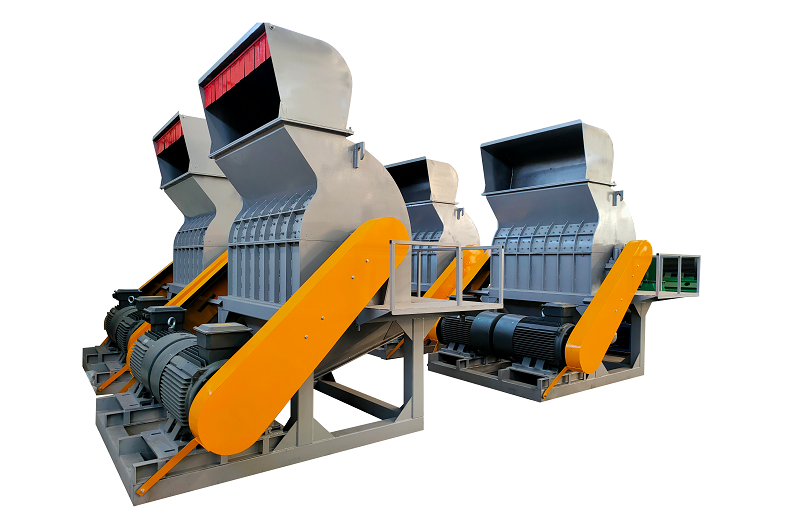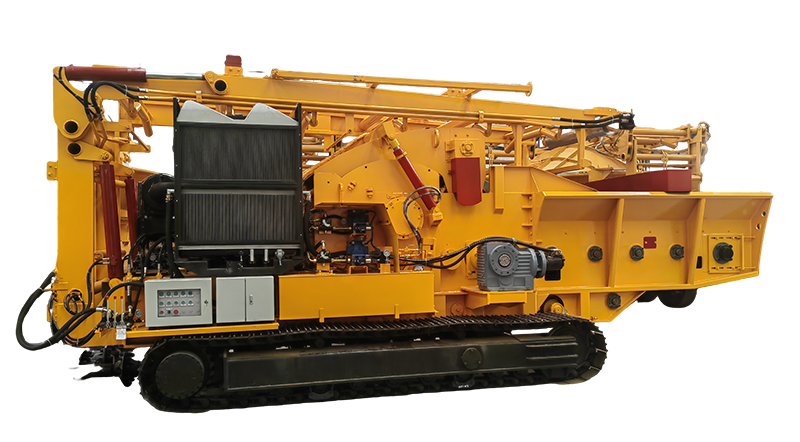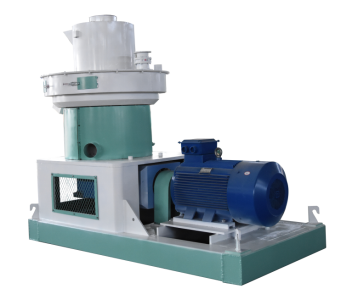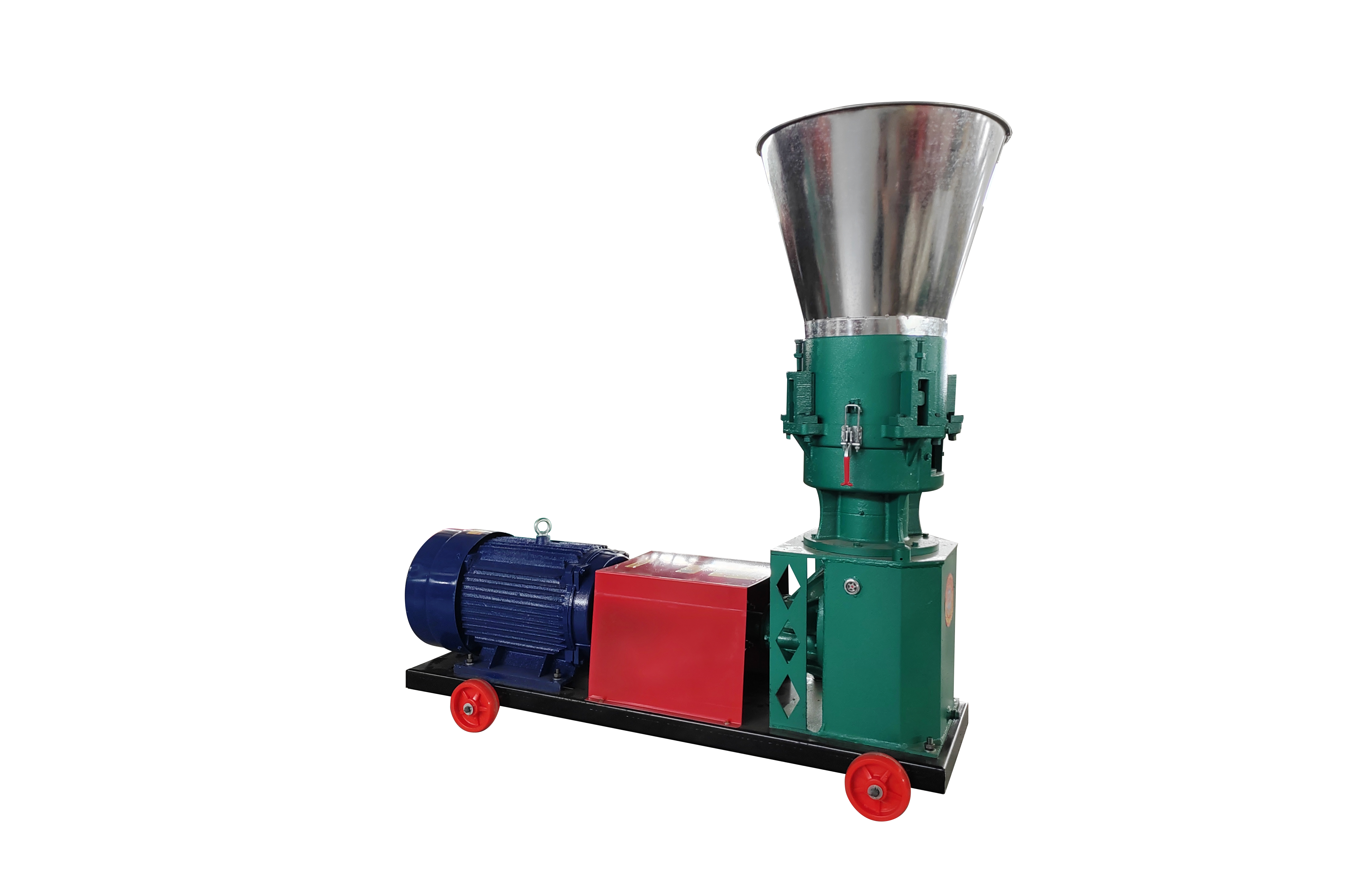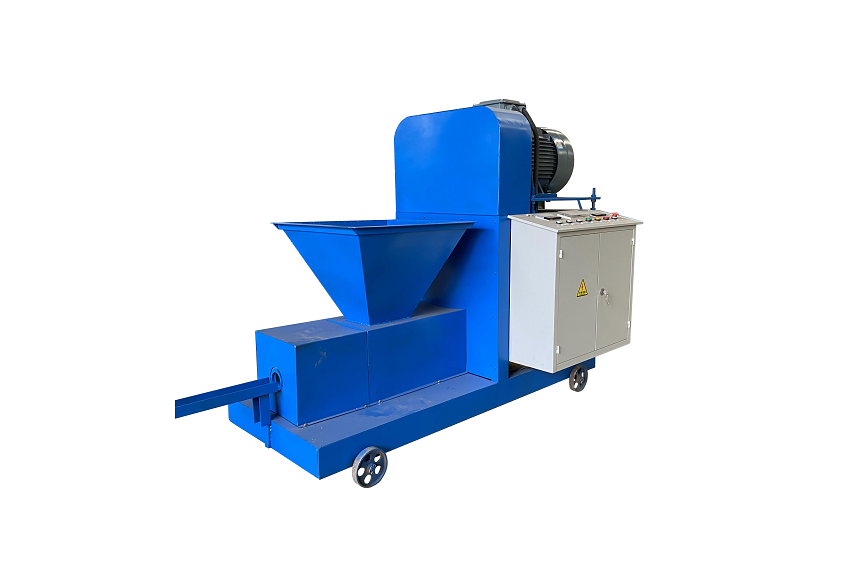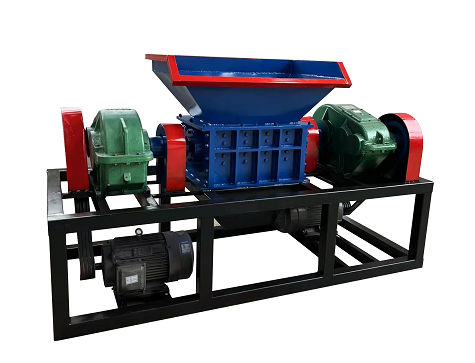What is industrial waste?
Industrial waste is unwanted material produced in or eliminated from an industrial operation and categorized under a variety of headings, such as sludge and hazardous waste.
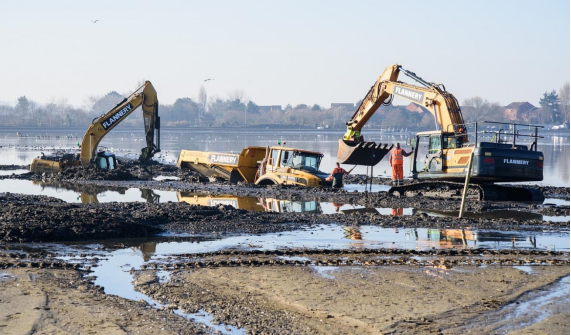
Many sectors of industrial manufacturing produce waste, including:
★Various types of factories
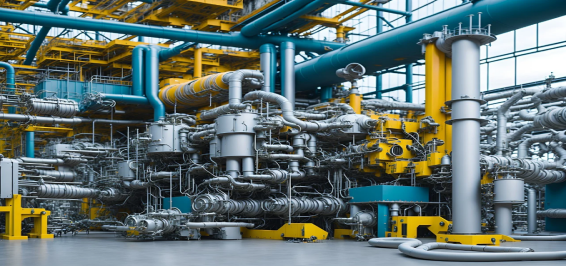
★Mining operations
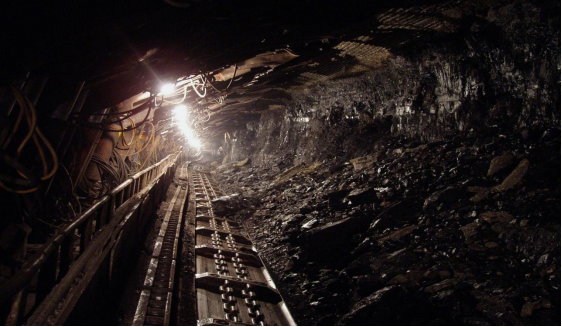
★Textile mills

★Food manufacturing

★Consumer goods

★Industrial chemicals

★Printing and publishing

The environmental impacts of industrial waste:
1. Solid and hazardous waste
Solid waste, often called municipal solid waste, typically refers to material that is not hazardous. This category includes trash, rubbish and refuse; and may include materials such as construction debris and yard waste. Hazardous waste typically has specific definitions, due to the more careful and complex handling required of such wastes.

2. Water pollution
One of the most devastating effects of industrial waste is water pollution. For many industrial processes, water is used which comes in contact with harmful chemicals. These chemicals may include organic compounds (such as solvents), metals, nutrients or radioactive material. If the wastewater is discharged without treatment, groundwater and surface water bodies—lakes, streams, rivers and coastal waters—can become polluted, with serious impacts on human health and the environment. Drinking water sources and irrigation water used for farming may be affected.
